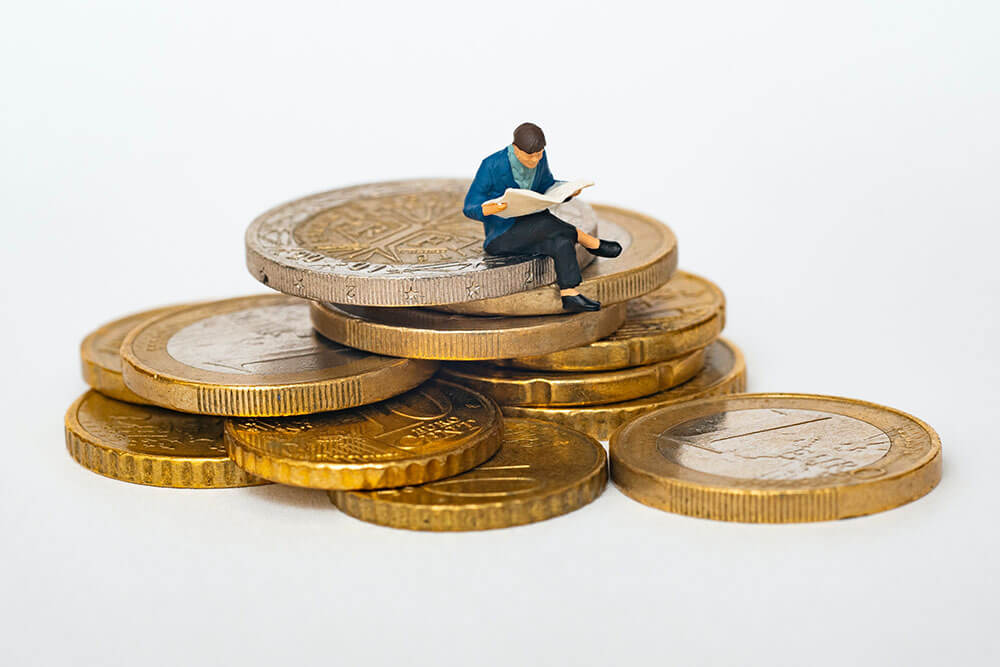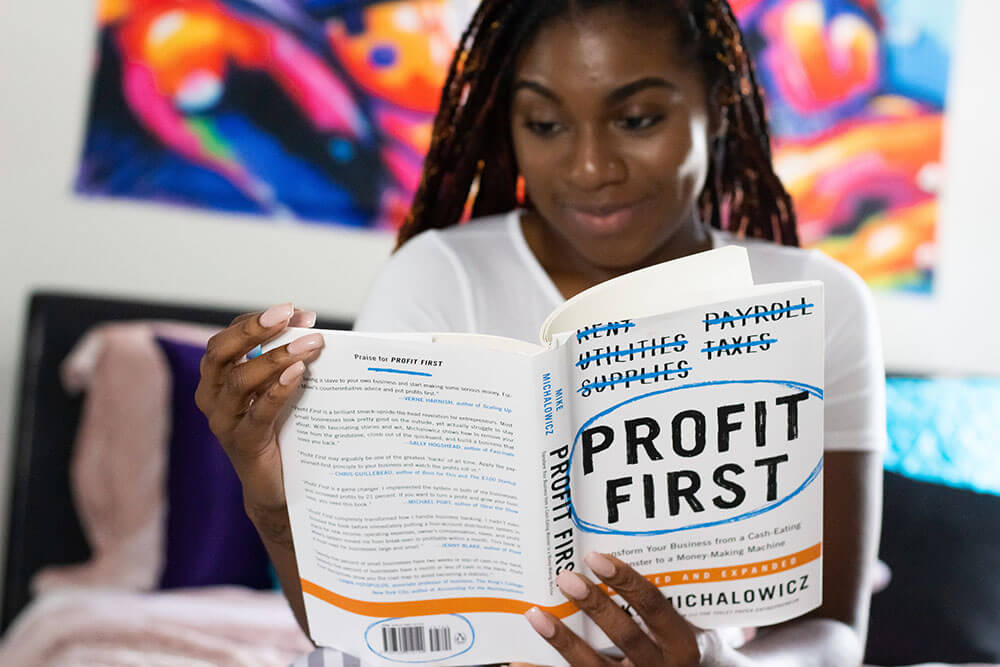Of course, with the introduction of credit, life has gotten significantly more convenient. You can't wait for a raise to buy the item you want, and you can't put off vacations or weddings for years on end either. However, due to erroneous calculations or due to other objective causes, a loan can quickly become a huge weight that is difficult to extricate from underneath.
What is the danger of not making the payments on the debt?
Before we get into the specifics of how to get rid of delinquencies and debts, let's take a moment to consider the risks associated with defaulting on a loan. First and foremost, it is as follows:
- Accountability in terms of money: If a customer fails to make timely payments, the client may be subject to a penalty, which may include the necessity to repay the whole amount of the debt all at once.
- Liability for one's own property: It manifests itself in the seizure of collateral under the terms of the contract (car, apartment, house, bank accounts, etc.).
- Liability in a criminal court of law: Court orders for incarceration or forced labor may be issued against the borrower, depending on the size of the debt.
Banks, on the whole, rely on financial leverage to pay off their loan obligations. One of these tools is debt restructuring, which we shall discuss in more detail later in this article.
4 ideas for paying off your debt as rapidly as possible!
Make certain you adhere to the following guidelines:
1. Do not take on any new debt!
Yes, no matter how odd the statement may appear, it is fresh loans that make it impossible to pay off previous obligations, not the reverse. A person finds himself in a financial bind: in order to pay off his debt, he is compelled to take money from his credit card and get into contracts with other financial institutions. It is quite tough to break out from this vicious cycle of behavior.
In order to avoid this situation, it is critical to explicitly define for yourself what percentage of your overall income you are willing to give up as payment for the loan before signing a contract. In the event that you cross this line, your debt will begin to rise exponentially, like a snowball.
Take a sheet of paper and write down every element of your debt, as well as the time frame within which it may be returned without the need for additional loans.
2. Increase your monthly payment
Yes, at first look, this appears to be a difficult task. However, you should try to figure out how much money you would save on interest payments if you pay off your loan before the deadline. If it is feasible to link extra sources in order to close the debt, take advantage of all of the opportunities.
To determine the extent of the overpayment under the contract, look at the yearly amount right away. After all, when requesting a loan, bank management will precisely break down the total debt by the number of months it would be due. A marketing strategy that allows you to track down a potential customer. In this instance, the loan amount is publicized as soon as it is determined. This creates a perception among borrowers that an overpayment on a loan is negligible, allowing them to take their time in repaying the debt.
Before estimating the amount to be added to the monthly payment, speak with a representative from the bank. You need to find out:
- What is the procedure for early repayment?
- What if I pay my loan back early and there are hidden costs and penalties?
- To determine whether or not it is essential to write an application
- Payments can be made on any day of the month, depending on the calendar.
All of these elements have the potential to have a major impact on the ultimate sum. It is common for a contract to incorporate hidden payments as well as penalties for an early complete or partial return of the loan. Because it is unproductive for the bank if the client closes the credit account before the due date, many businesses employ a variety of strategies to prevent this from happening.
3. Identify the second source of income for yourself!
It could be:
- side job;
- additional shifts;
- temporary seasonal earnings;
- one-time project;
- the selling of unused items, and so forth
It is not necessary for this activity to be tied to the primary profile and expertise. For cleaning cottages, harvesting crops, and pruning shrubs, among other things, unskilled employees are in high demand throughout the spring and summer months. Tutoring, apartment cleaning, construction, and repair work, tailoring, and freelancing are all possibilities throughout the winter months.
Do not be disheartened; rather, think of this time as a period of harsh financial bondage. Make a detailed plan for how much time you will need to pay off your obligations. The most important factor to remember is to strictly limit the use of cash from new wages to debt repayment on a personal loan. Check to see how much of this period you may shorten by making an additional monthly payment of 3-5 thousand rubles on top of the necessary payment each month.
Such estimates are extremely motivating and aid in the development of a clear strategy for subsequent activities.
4. Reduce expenses to the greatest extent practicable!
It is critical to recognize that, absent significant reductions in government expenditure, it will be impossible to repay all of the debt.
Analyze all of your income and spending, and only keep what is absolutely necessary:
- nutrition;
- communal payments;
- fare;
- Study fees are paid out (circles, sections, etc.).
Here, you must be as honest with yourself as possible and explicitly describe what you are willing to temporarily forego in order to make a speedy loan payback. Avoid shopping, internet shopping, and sales during this time period, and instead devise a strategy for reasonable, yet cost-effective nourishment.
Additionally, getting rid of pricey habits should be a priority (alcohol, cigarettes, morning latte on the way to work, lunch with employees in a cafe, Friday nights with friends). In order to determine whether you are continually in debt, whether you are late on loans, and whether you know how to discharge your debts, examine your financial condition and your expenses.
So that you may make a realistic assessment of how significant these costs are to you and whether they can be avoided if at all possible. Keep in mind that they are merely short-term, drastic actions that will assist you in getting out of debt.

















 It doesn't matter that you want to become strong! There's no need to compare yourself to them! The others are themselves and you are yourself! The answer to your life are all within you!!
It doesn't matter that you want to become strong! There's no need to compare yourself to them! The others are themselves and you are yourself! The answer to your life are all within you!!